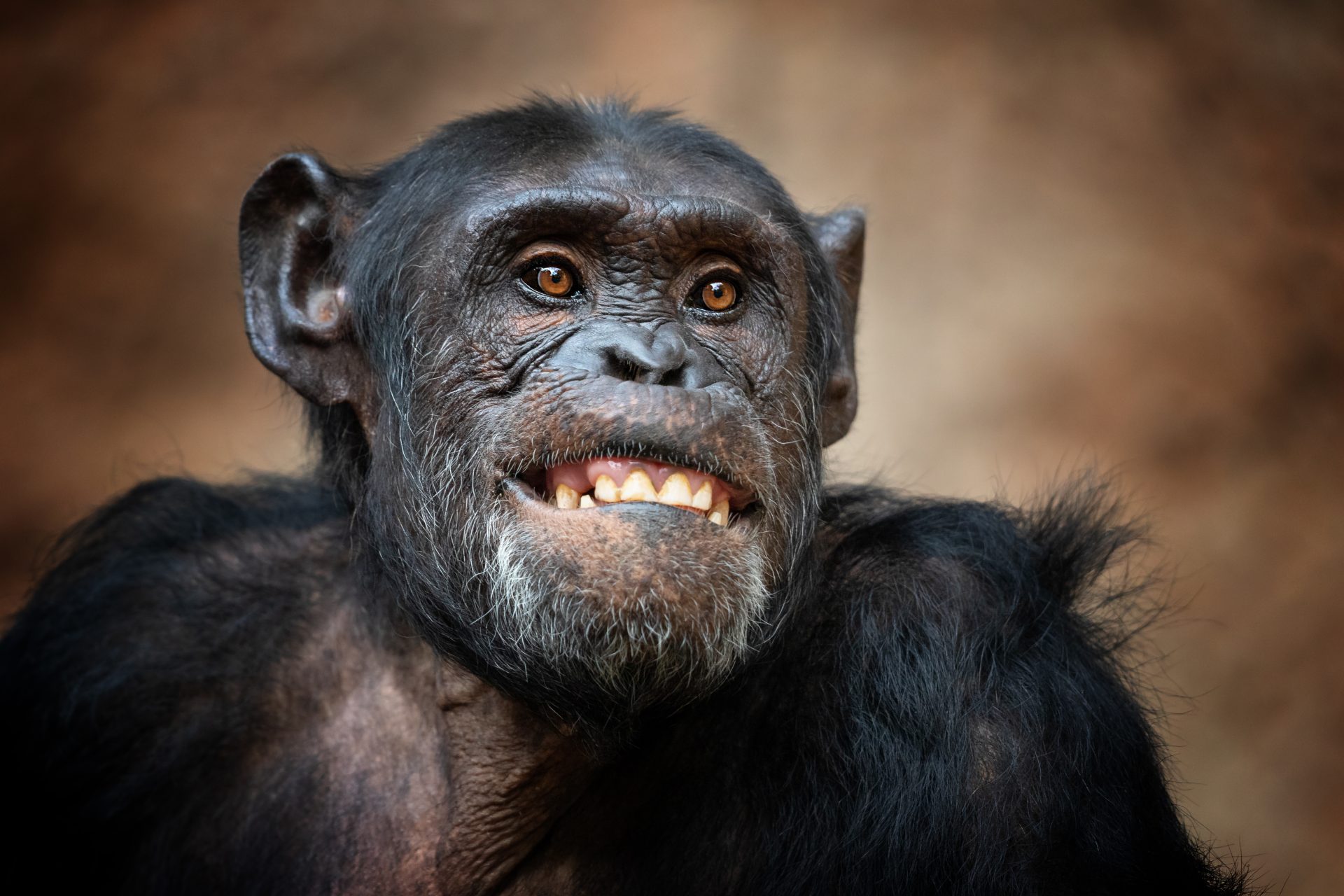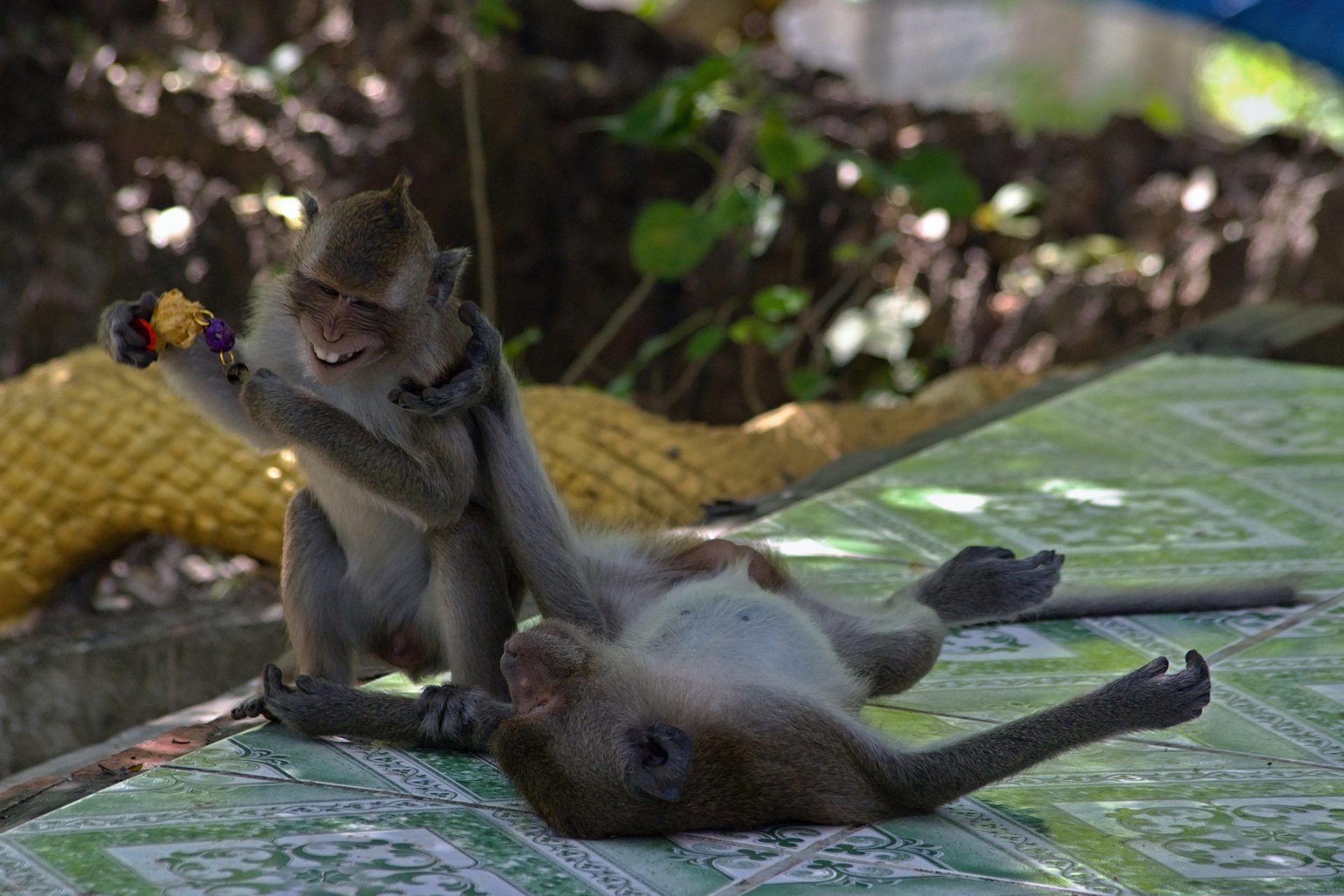Humanity's dirty little secret has ancient origins study finds
Evolutionary biology has come a long way since Charles Darwin proposed his theory of natural selection, and in all that time researchers have been unable to answer one burning question: why do so many primate species practice a little self-hanky panky?
It's a rather odd and taboo topic to study but the ramifications of knowing when and why primates learned to pleasure themselves could help us better understand human evolution. Luckily, a group of researchers have finally figured out an answer to this burning question.
A groundbreaking 2023 study from a group of evolutionary biologists showed that the dirty little secret we’ve all kept to ourselves since hitting puberty might have been a big part of our lives for much longer than we previously thought, tens of millions of years longer.
Evidence from the largest dataset ever collected on why primates engage in self-love suggested that the activity cropped up in humanity's evolutionary history all the way back when our ancient ancestors still needed their hands to swing from tree to tree.
“What we can say is this behavior was present around 40 million years ago, in the common ancestor of all monkeys and apes,” Dr. Matilda Brindle, lead author of the interesting yet obviously crass study and researchers at University College London, told Live Science.
“It’s not that some species woke up one day and started doing it,” Brindle went on to explain about the activity. “This is an ancient, evolved trait,” which means it's been in our lives since long before primates found their hands free after learning to walk on two legs.
Dr. Brindle and her co-authors published their findings research in the journal Proceedings of the Royal Society Biological Sciences, and in their paper, they explained the role pleasuring one’s self played in the animal kingdom and tried to explain its evolution.
There are no fitness benefits animals could gain from enjoying a little one-on-one time with themselves and the researchers wanted to understand why a behavior that has so little practical value became one of the major defining activities of the primate order.
In order to understand the activity, Dr. Brindle and her fellow researchers compiled a dataset from hundreds of publications as well as over 150 questionnaires and data on observations from zoo keepers and primatologists to get an idea of the activity's range.
The dataset covered 105 of 272 primate species and discovered that 74.5% percent of females engaged in handling themselves while 87.4% of males had spent time spanking their monkey, no pun intended. But the researcher learned there was a lot more to it all.
After putting all the data on the behavior through a computer model, researchers looked at a wide range of other factors—including the primate's mating systems and the prevalence of sexually transmitted diseases—and discovered several very interesting findings.
“This is a very interesting article that sheds light on the evolutionary history of behaviors that leave no trace in the fossil record,” University of Bristol Anthropology Professor Kit Opie told New Scientist’s Soumya Sagar about the new research.
Dr. Brinde and her team pegged the development of our most unsavory activity to have begun around the time monkeys and apes split from tarsiers, “a small species of primate that has barely changed in the last 45 million years,” according to a Live Science.
That would put the evolution of our self-pleasuring trait to around the 40 million-year mark. But that wasn’t even the most interesting finding. The researchers also noted in their study there was evidence of females doing the deed before splitting with tarsiers.
Researchers couldn’t conclusively say why primates evolved to touch themselves but they did try to challenge the established notion that it was high libido that led to our habit of self-love, noting activity that could indicate it evolved to clear pathogens.
The study’s authors reported they found evidence that the activity was more common in mating systems when primates had multiple partners as well as in species that had a high rate of sexually transmitted diseases, which could change current theories.
Researchers also noted that female self-love may have evolved as a means of selection that allowed a primate to choose which sperm had the best chance of impregnating her since the act would make her environment more hospitable for her partner’s sperm.
“This is such a common behavior across the animal kingdom,” Brindle said according to The Guardian. “I find it absolutely baffling that nobody has researched it before.”
“For people who think [self-love] is wrong, or unnatural in some way, this is perfectly natural behavior. It’s part of our healthy repertoire of sexual behaviors,” Bridle added.
While more evidence is needed to fully understand why self-gratification evolved in our past, Dr. Brindle and her fellow researchers have taken a big step forward in advancing our knowledge—40 million years is a long time to be doing something so fun without knowing why.
More for you
Top Stories

































